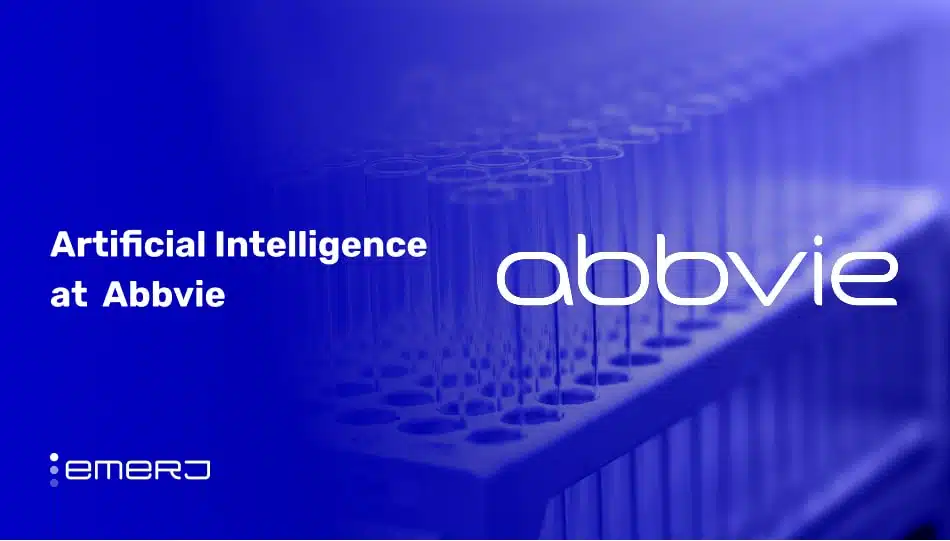Navigating Challenges and Solutions in Data Security with AI – with Dimitri Sirota of BigID
This interview analysis is sponsored by BigID and was written, edited, and published in alignment with our Emerj sponsored content guidelines.…


Read the Emerj team’s latest coverage on AI use-cases and trends in banking.
This interview analysis is sponsored by BigID and was written, edited, and published in alignment with our Emerj sponsored content guidelines.…

This article is sponsored by Interactions and was written, edited, and published in alignment with our Emerj sponsored content guidelines. Learn…

AbbVie is a global biopharmaceutical leader with approximately 55,000 employees in over 70 countries. In 2024, the company invested over $10.8…

This interview analysis is sponsored by Productive Edge and was written, edited, and published in alignment with our Emerj sponsored content…

In our current technology-driven era, data is considered extremely valuable. Yet, data often goes unused or underutilized. The reasons vary, but…

The Charles Schwab Corporation is a leading financial services firm, reporting $10.28 trillion in client assets as of February 2025, a…

The landscape of preventative healthcare and genetic research is “awakening” with data, enabling earlier and more precise disease risk prediction. The…
